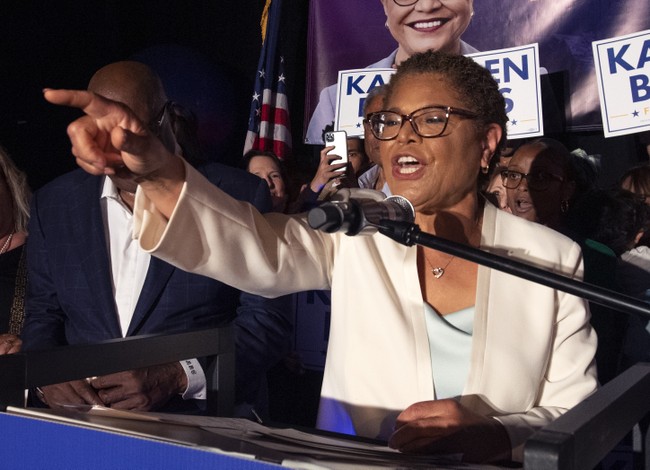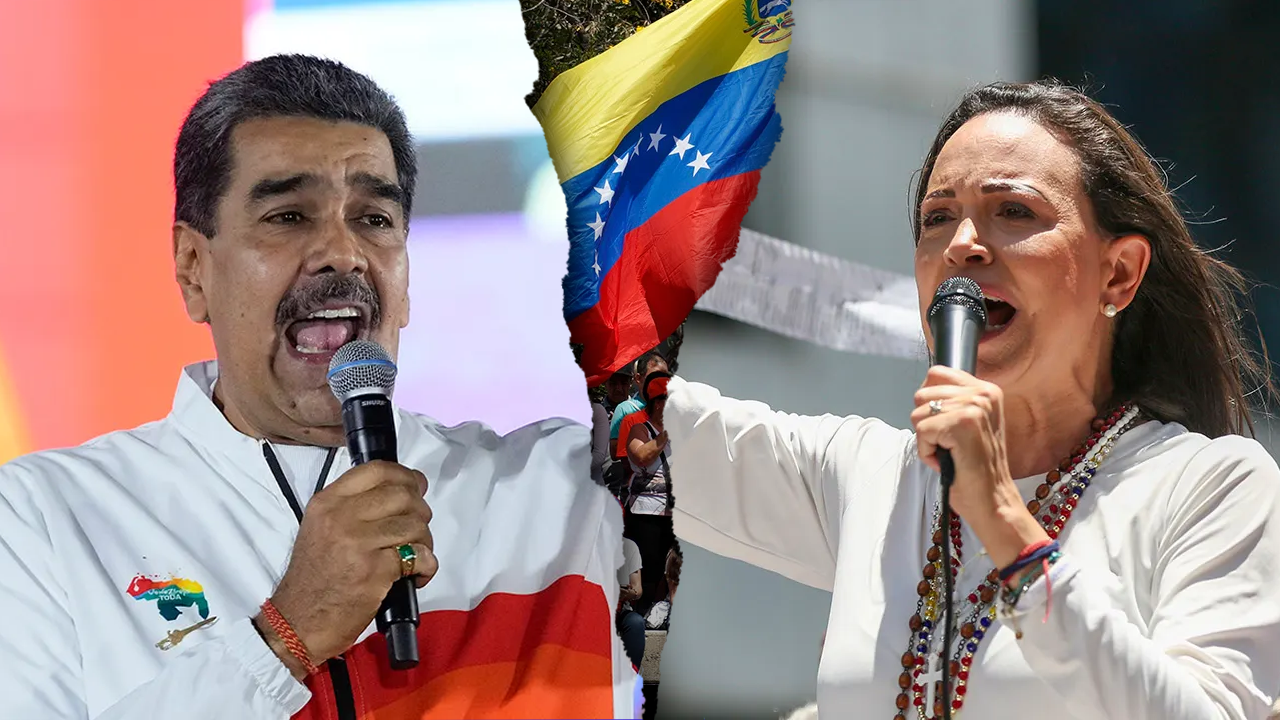Former House Speaker Kevin McCarthy claims Vice President Kamala Harris is strategically mimicking Donald Trump’s tactics in a Monday appearance on “Jesse Watters Primetime.”
In a pointed critique of Harris, McCarthy accused Harris of adopting a strategy similar to that of former President Donald Trump and referred to her as “Kamala Chameleon” in an interview on “Jesse Watters Primetime.” McCarthy highlighted Harris’ shifting stances, particularly on policy issues such as gun buybacks and taxation, suggesting her approach was to echo Trump’s policies when convenient.
McCarthy’s observations came during a discussion where he was asked about how to force Harris’ to engage in a debate.
“I’d ask for three debates, and each debate they’ll make it about an issue. Make the first debate the economy, the second debate about the border and the third debate about crime. Those of the three main issues and President Trump has a policy to actually win. She’ll probably start agreeing with him,” McCarthy explained. (RELATED: ‘Have A Little Caution’: Former Harris Official Warns Dems Not To Underestimate Trump’s Debate Odds Against VP)
“I think the best definition of Kamala is ‘Kamala Chameleon’ because she changes everything single time. If you watch that last clip about buybacks on guns and, it was mandatory she said.”
LAS VEGAS, NEVADA – AUGUST 10: Democratic presidential candidate, U.S. Vice President Kamala Harris speaks during a campaign rally with Democratic vice presidential candidate Minnesota Governor Tim Walz. (Photo by Justin Sullivan/Getty Images)
Kayleigh McEnany also pointed out media bias in handling Harris‘ policies compared to Trump’s. She cited an example concerning the taxation of tips, where Harris’ proposal was met with favorable coverage, unlike Trump’s, which was criticized for its potential cost to the federal government.
“You just have to even beat the issue, beat the person but beat the media at the same time. President Trump is always been up to this. What I would show is her saying she’s for no taxes on tips, then show the votes she cast. It wasn’t just a vote, she’s president of the Senate. She passed the deciding vote,” McCarthy explained when asked how to beat the media bias. “She passed the deciding vote. Had she not cast the vote to break that tie, there wouldn’t be 80,000 new IRS agents.”
Read the full article here





![LA Mayor Speechless Under Fire Over Wildfire Destruction Questions [WATCH] LA Mayor Speechless Under Fire Over Wildfire Destruction Questions [WATCH]](https://www.lifezette.com/wp-content/uploads/2025/01/2025.01.09-02.16-lifezette-677fda3a2f032.jpg)



